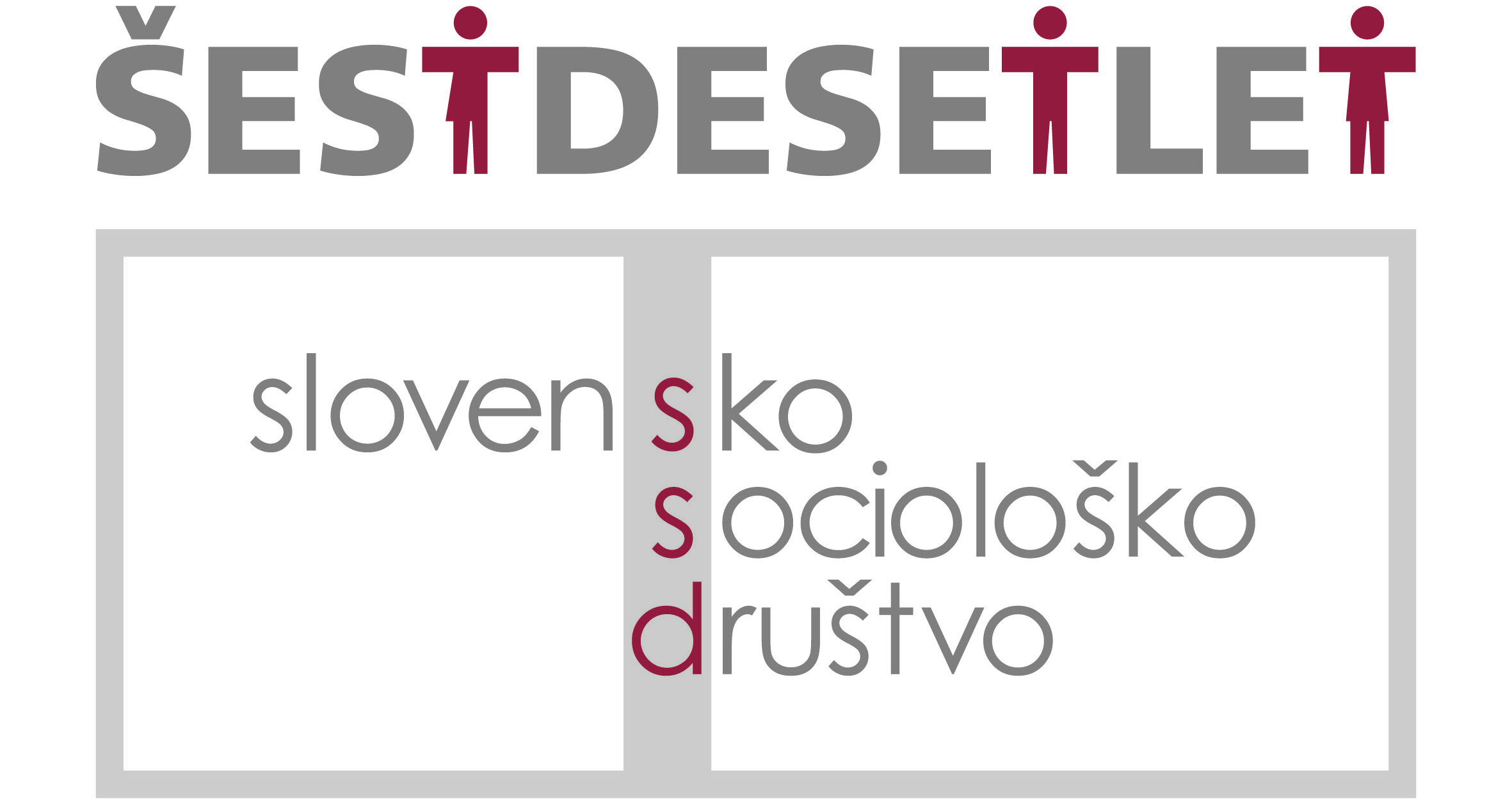Social Science Forum 70 (XXVIII)
Reconstruction of youth in Slovenian society in times of transition
Mirjana Ule
ABSTRACT: The article analyses changes and transformations in the relationship between young people and society that have occurred during the transition period in the last two decades in Slovenia. We contend that young people, who used to be a privileged social group in the socialist period, are now the “weakest link” of the transition period in Slovenia. Young people are confronted with an increasingly competitive education system, a more demanding labour market and prolonged dependence on their parents. Today young people are marginalised in the labour market, excluded from the mainstream flows of adult society and consequently deprived of sources of power. Without their economic and political representatives, young people only have a few rights and privileges and a lower social status. These theses will be tested by using comparative data obtained in surveys of young people in Slovenia carried out in the last three decades.
KEY WORDS: youth, identity, neoliberalism, uncertainty
>> Download
Intolerance in Slovenia and Europe: A comparative and longitudinal analysis
Andrej Kirbiš, Sergej Flere, Marina Tavčar Krajnc
ABSTRACT: Our study draws on postmodernisation theory to examine and compare the social intolerance of Slovenians and Europeans toward nine minority groups. We analysed 44 representative national samples in European Values Study (2008) and Slovenian Public Opinion data. In 2008 Slovenians were most intolerant of drug addicts, heavy drinkers and the Roma, who remain the least desired ethno-religious group in Slovenia and Europe. A multilevel regression model showed that at the cross-country level higher intolerance was only predicted by lower levels of socioeconomic development and not by other macro variables. Significant predictors at the individual level proved to be education, household income, age and religiosity. In Slovenia during the 1992–2008 period levels of intolerance toward lifestyle minorities remained at a similar level, while xenophobia decreased.
KEY WORDS: tolerance, xenophobia, out-groups, minorities, Roma
>> Download
The biases of the internet and the (un)power of web audiences
Tanja Oblak Črnič, Jernej Prodnik
ABSTRACT: The main purpose of this article is to set out the main limitations of the »emancipatory« potential of the Internet, and to show certain biases of this technology with regard to audiences and individual agency online. The text first conceptualises cyberspace as an assemblage of material infrastructure, public representations and everyday practices which enables the differentiation of the key levels through which relations among different actors on the Web are formed. The authors then provide a critique of technological determinism by focusing on their own model of material, incorporated and structural biases that constrain the power of audiences and possible emancipatory potential that could develop online. While material biases derive from the technical infrastructure of the Web that is based on network structure and web links, embedded biases refer to digital competencies, the homogenization of choice and mechanisms of authority. When it comes to structural biases, crucial areas include commodification, privatisation and concentration which are transmitted via both the technical infrastructure as well as content and applications. The authors conclude with a consideration of the possible consequences of these findings for understanding the complicated relations involved in studying audiences on the Web.
KEY WORDS: biases and cyberspace, web-audiences, the web and the Internet, inequality and hierarchies, concentration of power
>> Download
Drafting Journalism Codes of Ethics: Reasons and Sources in Slovenia and the Netherlands
Melita Poler Kovačič, Anne-Marie Van Putten, Igor Vobič
ABSTRACT: The article reveals the reasons prompting the need for new journalism codes of ethics and the sources upon which they have been founded. Semi-structured interviews with 15 people involved in drafting journalism codes in Slovenia and the Netherlands in the last decade show that some reasons arose from specific national circumstances, while others were common. In Slovenia, foreign codes were the main source. The interviewees claimed that they paid attention to national specifics, yet could not define them. The process was brief, limited to a small group of people and lacked systematic research and wider discussions. In the Netherlands, other codes were consulted, although not copied. The process involved more discussion and reflection. These differences can be interpreted by the different levels of the professionalisation of journalism and some other characteristics of the national contexts.
KEY WORDS: journalism codes of ethics, journalism ideology, journalistic organisations, Slovenia, the Netherlands
>> Download
Tourism images – From conceptual dilemmas to the dynamic co-creation of meanings
Aleksandra Brezovec
ABSTRACT: This article discusses the image-formation process in tourism using a communication concept. Tourism images are based on information, symbols and codes that only become meaningful in the interaction of participants in the communication process. Focus group interviews and the photoelicitation technique were used to study how messages and participants mutually create meanings in tourism. The research results show that communication in tourism is not limited to individuals but also includes social groups that reinforce their social group status through communication in tourism.
KEY WORDS: tourism, image, communication, photoelicitation, Slovenia
